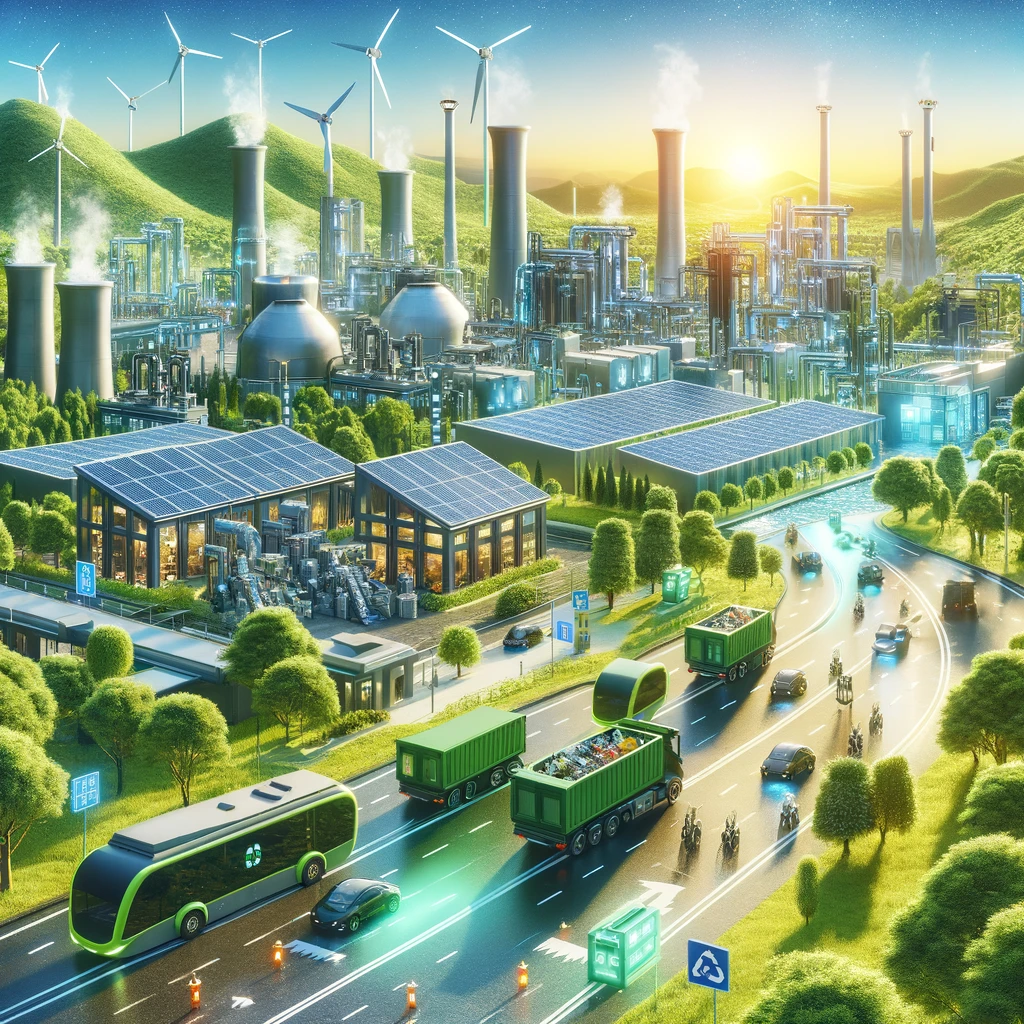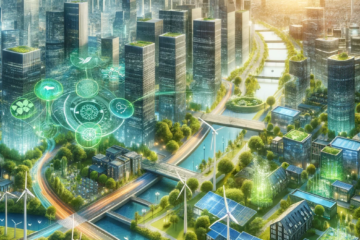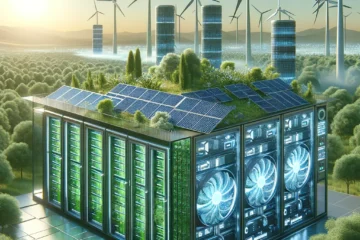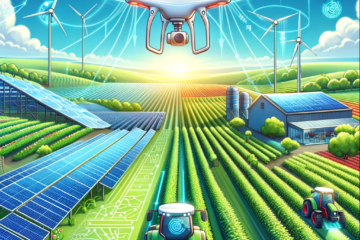The world is increasingly acknowledging the critical importance of managing waste sustainably. As we face mounting environmental challenges, the role of technology in revolutionizing waste management is more crucial than ever. This article delves into the innovative ways green technology is being leveraged to create efficient, sustainable waste management systems.
Green Technology: A Catalyst for Change in Waste Management
Green technology, an umbrella term encompassing a wide range of environmental-friendly tech solutions, is at the forefront of redefining waste management practices. It integrates principles of sustainability, ensuring that waste management processes have minimal environmental impact.
Innovative Waste Sorting and Recycling Techniques
One of the most significant contributions of green technology in waste management is the development of advanced sorting and recycling methods. Automated sorting systems, powered by AI and machine learning, can efficiently segregate waste, significantly increasing recycling rates. This not only conserves natural resources but also reduces landfill waste.
Biodegradable Alternatives and Composting Solutions
The promotion of biodegradable materials is another area where technology shines. Innovations in this space are leading to the creation of compostable packaging and products, which naturally decompose, reducing the amount of waste that ends up in landfills.
The Role of Big Data in Waste Management Optimization
Big Data plays a vital role in optimizing waste management. By analyzing vast amounts of data, municipalities and organizations can better understand waste generation patterns, leading to more efficient collection routes and recycling processes.
Sustainability: The Core of Technological Innovations in Waste Management
Sustainability is at the heart of modern waste management technologies. By focusing on renewable energy sources and minimizing environmental impact, these technologies offer a blueprint for a sustainable future.
Energy Recovery from Waste
One of the most promising areas is the conversion of waste into energy. Technologies like anaerobic digestion and incineration can transform waste into electricity, heat, or biofuel, contributing to a circular economy.
Reducing Carbon Footprint through Advanced Technologies
Technology also plays a critical role in reducing the carbon footprint of waste management operations. Electric waste collection vehicles, for instance, significantly cut down greenhouse gas emissions compared to traditional diesel-powered trucks.
Sustainable Infrastructure for Waste Management
Creating sustainable infrastructure, such as eco-friendly waste processing facilities, is another way technology contributes to a greener planet. These facilities are designed to minimize energy consumption and environmental impact.
The Pivotal Role of IoT in Waste Management
The Internet of Things (IoT) is revolutionizing waste management by introducing smart, interconnected systems that enhance efficiency and sustainability.
Smart Waste Bins and Collection Systems
IoT-enabled waste bins can signal when they are full, optimizing collection routes and frequencies. This not only saves resources but also prevents overflows, contributing to cleaner cities.
Monitoring and Managing Waste Streams
IoT devices can track and manage waste streams in real-time, providing valuable insights into waste generation and disposal patterns. This data is crucial for developing effective waste reduction strategies.
Enhancing Recycling Efforts with IoT
IoT technology also aids in boosting recycling rates. Smart sensors can identify recyclable materials, ensuring they are directed to appropriate recycling facilities, thus reducing contamination in recycling streams.
Waste Reduction: The Ultimate Goal of Technological Advancements
The ultimate aim of integrating technology into waste management is to reduce waste generation itself. Through various innovations, this goal is gradually becoming a reality.
Promoting a Circular Economy through Technology
Technological advancements are key in promoting a circular economy, where waste is minimized, and products are reused or recycled. This approach significantly reduces the environmental impact of waste.
Educational and Awareness Campaigns Leveraging Technology
Educational campaigns, often powered by digital platforms, play a crucial role in spreading awareness about waste reduction and recycling. These campaigns can change consumer behavior, leading to less waste generation.
Designing Products for Sustainability
Finally, technology enables the design of products with sustainability in mind. From inception to disposal, products are increasingly being designed to have minimal environmental impact and to be easily recyclable or biodegradable.
Conclusion
The intersection of technology and sustainable waste management opens a realm of possibilities for a cleaner, greener future. By embracing green technology, sustainability, IoT, and innovative waste reduction strategies, we can transform our approach to waste management, ensuring a healthier planet for generations to come.




